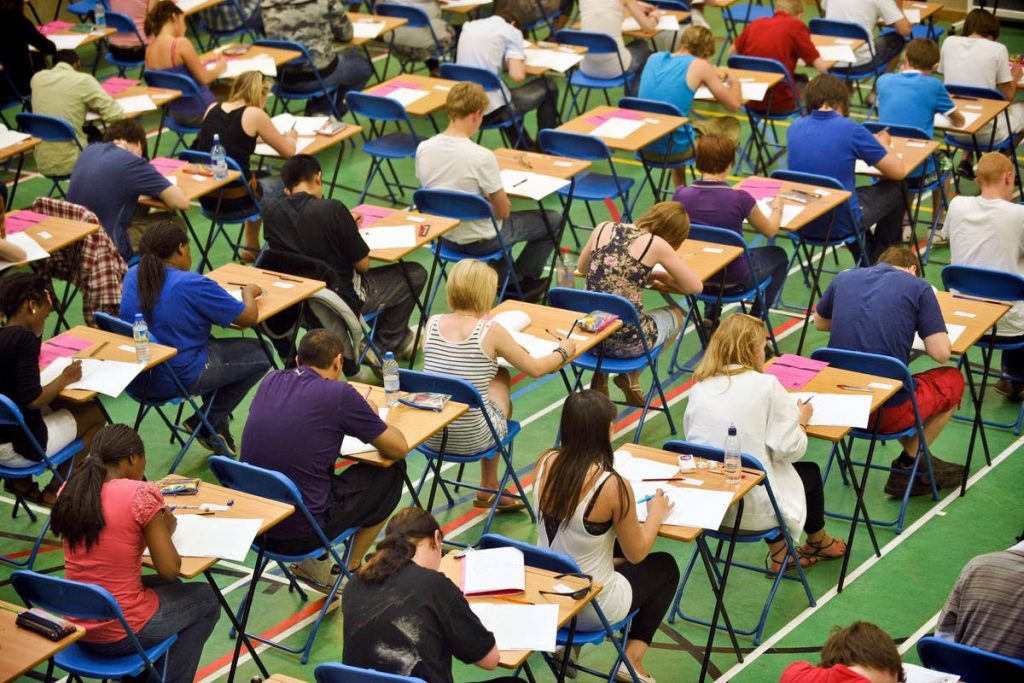But what happens if you do not get the results you wanted? Here is what you need to know about making decisions at this crucial time.
When are exam results this year?
Thousands of pupils will also receive results for vocational technical qualifications (VTQs) this month.
Results for VTQs at Level 3 taken alongside or instead of A-levels, such as BTECs, will be released to students on or before August 15.
Results for many Level 2 VTQs are expected on or before August 22.
In England, exams regulator Ofqual has said it expects this summer’s national results to be “broadly similar” to last summer, when grades were brought back in line with pre-Covid levels.
Last year, 27.2 per cent of UK A-level entries achieved an A or above, down on 2022, when the figure was 36.4 per cent.
However, this was still higher than in 2019 – the last year that summer exams were taken before the pandemic – when 25.4 per cent of entries were awarded A or A* grades.
What are the 2024 A-level exam grade boundaries?
Each exam at A-levels is graded on a scale from A* to E.
Grade boundaries show the minimum number of marks you need for each grade, and are decided by examiners and published on results day.
In England and Northern Ireland, the way boundaries are decided has returned to normal but in Wales, the group that oversees exams in the country – Qualifications Wales – has decided there is “still risk” that performance in some subjects has not fully recovered since Covid, so they will use statistics to help set the grade boundaries to stop them dropping below 2019 levels.
Universities make offers based on qualifications and grades, or the UCAS tariff points system.
Each A-level grade is worth a certain number of UCAS points. For example, an A* is worth 56 points and a D is worth 24 points.
UCAS is a charity that runs a clearing process where students can be matched with university and college courses that still have spaces if they do not receive the grades they need to claim a previous “conditional” spot at universities, fail to receive any offers they want to accept, or decided to apply for university after June 30.
Students can also use the clearing process if they achieve better grades than expected and want to change universities.
Clearing is now open and closes on October 21.
What if I don’t get the grades I need?
Firstly, do not panic – there are many options available.
Some may use the clearing process outlined above, to work with what they do have, and others may decide to take a step back to re-evaluate what their original plans were.
Many students also take gap years and decide not to go on immediately to another college or university.
If you only just miss out on the grades you need to get on to a university or college course, the admissions office might accept you anyway, or offer you a place on a different course.
It may also be possible to resit some or all of your exams. Talk to your school or college if you want to explore this route. Resits will take place in May or June 2025.

